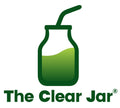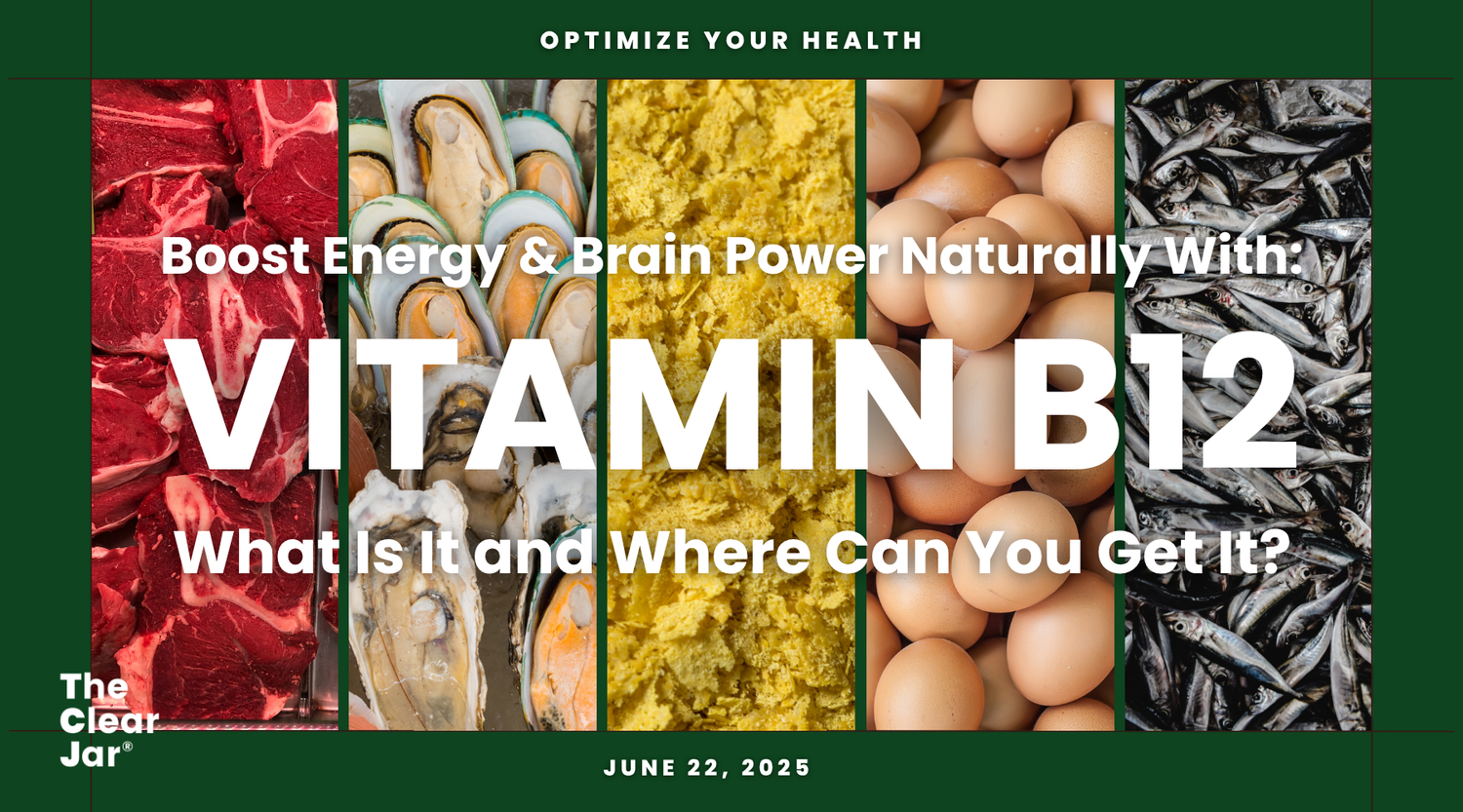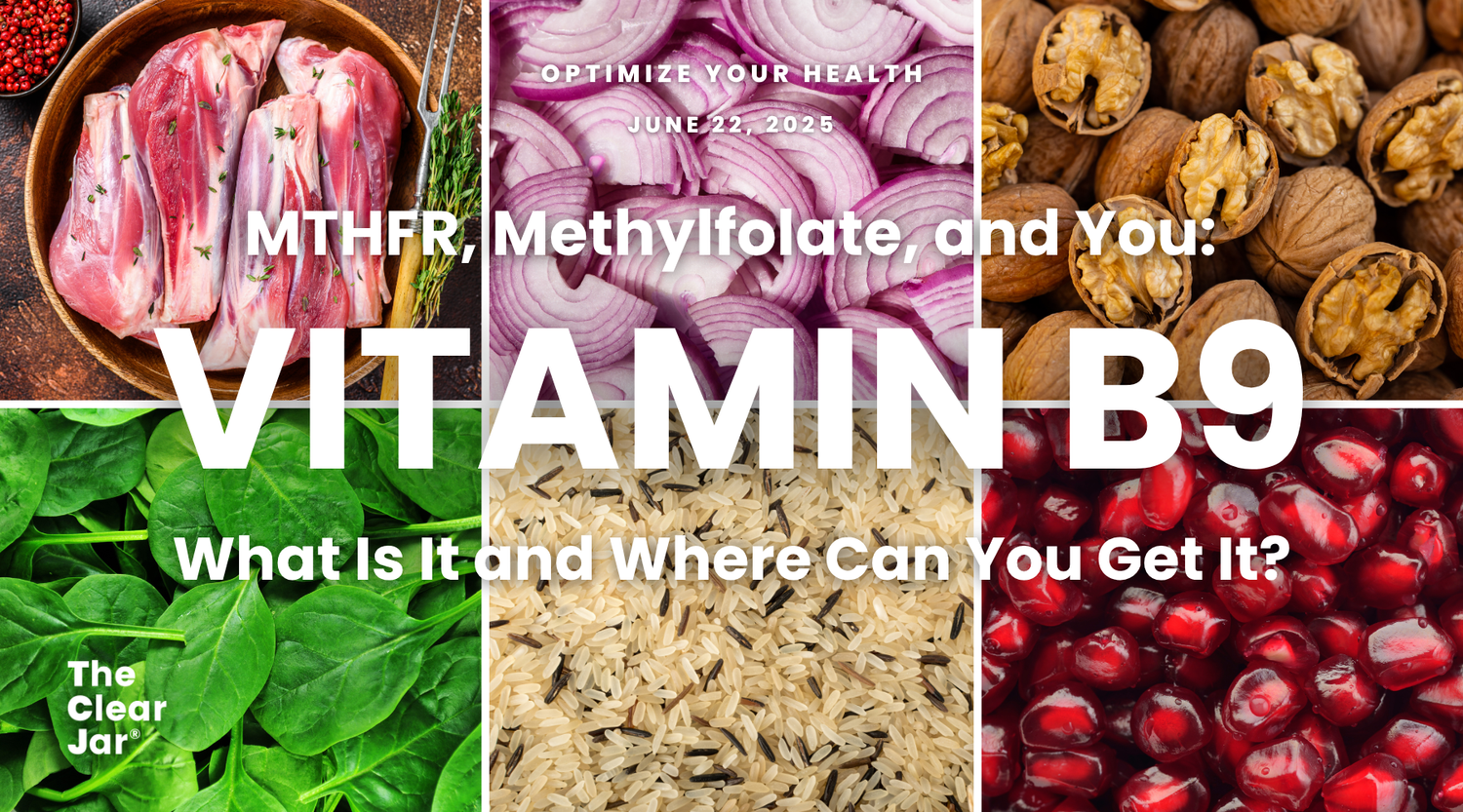Vitamins
Vitamins and minerals are vital nutrients required for a wide range of bodily functions, from energy production to immune defense. Here is an in-depth guide to essential vitamins and minerals, their functions, sources, recommended daily intake (RDI), symptoms of deficiency, and potential toxicity effects.
1. Vitamin A (Retinol, Beta-Carotene)
- Functions: Essential for vision, immune function, reproduction, and cellular communication. Plays a role in maintaining healthy skin and mucous membranes.
- Sources: Liver, carrots, sweet potatoes, spinach, fortified foods, dairy products.
- RDI: 700 mcg for women, 900 mcg for men.
- Deficiency Symptoms: Night blindness, dry skin, increased susceptibility to infections, delayed growth in children.
- Toxicity Symptoms: Nausea, dizziness, liver damage, headaches, birth defects during pregnancy.
2. Vitamin B1 (Thiamine)
- Functions: Supports energy metabolism, nerve function, and muscle contraction.
- Sources: Whole grains, pork, fish, seeds, nuts, legumes.
- RDI: 1.1 mg for women, 1.2 mg for men.
- Deficiency Symptoms: Fatigue, weakness, nerve damage, beriberi (characterized by weight loss, emotional disturbances, and impaired sensory perception).
- Toxicity Symptoms: No known toxic effects, as excess is excreted in urine.
3. Vitamin B2 (Riboflavin)
- Functions: Important for energy production, antioxidant protection, and skin health.
- Sources: Milk, eggs, leafy greens, fortified cereals, almonds.
- RDI: 1.1 mg for women, 1.3 mg for men.
- Deficiency Symptoms: Cracks around the mouth, sore throat, inflamed tongue, skin disorders, sensitivity to light.
- Toxicity Symptoms: No known toxic effects.
4. Vitamin B3 (Niacin)
- Functions: Supports metabolism, DNA repair, and nervous system health.
- Sources: Chicken, tuna, turkey, peanuts, fortified cereals.
- RDI: 14 mg for women, 16 mg for men.
- Deficiency Symptoms: Pellagra, characterized by diarrhea, dermatitis, dementia, and if untreated, death.
- Toxicity Symptoms: Flushing, nausea, liver damage at high doses.
5. Vitamin B5 (Pantothenic Acid)
- Functions: Vital for the synthesis of coenzyme A, which is critical in energy production and fat metabolism.
- Sources: Avocado, yogurt, chicken, beef, mushrooms.
- RDI: 5 mg for adults.
- Deficiency Symptoms: Fatigue, irritability, numbness, tingling in extremities.
- Toxicity Symptoms: Rare, but may cause diarrhea in large doses.
6. Vitamin B6 (Pyridoxine)
- Functions: Helps in amino acid metabolism, neurotransmitter synthesis, and red blood cell production.
- Sources: Bananas, poultry, fish, potatoes, fortified cereals.
- RDI: 1.3 mg for adults.
- Deficiency Symptoms: Anemia, irritability, depression, confusion, weakened immune function.
- Toxicity Symptoms: Nerve damage, leading to numbness and muscle weakness.
7. Vitamin B7 (Biotin)
- Functions: Supports carbohydrate, fat, and protein metabolism. Important for healthy hair, skin, and nails.
- Sources: Eggs, nuts, seeds, salmon, avocados.
- RDI: 30 mcg for adults.
- Deficiency Symptoms: Hair thinning, rashes, brittle nails, neurological symptoms such as depression.
- Toxicity Symptoms: No known toxic effects.
8. Vitamin B9 (Folate/Folic Acid)
- Functions: Critical for DNA synthesis, cell division, and during pregnancy, essential for fetal development.
- Sources: Leafy greens, beans, citrus fruits, fortified cereals.
- RDI: 400 mcg for adults, 600 mcg for pregnant women.
- Deficiency Symptoms: Megaloblastic anemia, neural tube defects in newborns, irritability, weakness.
- Toxicity Symptoms: Can mask symptoms of vitamin B12 deficiency, leading to potential nerve damage.
9. Vitamin B12 (Cobalamin)
- Functions: Necessary for red blood cell formation, neurological function, and DNA synthesis.
- Sources: Meat, fish, dairy, fortified plant-based milk, eggs.
- RDI: 2.4 mcg for adults.
- Deficiency Symptoms: Fatigue, nerve damage, memory loss, mood changes, megaloblastic anemia.
- Toxicity Symptoms: No known toxic effects.
10. Vitamin C (Ascorbic Acid)
- Functions: Antioxidant, supports immune health, collagen synthesis, and iron absorption.
- Sources: Oranges, strawberries, bell peppers, broccoli, kiwi.
- RDI: 75 mg for women, 90 mg for men.
- Deficiency Symptoms: Scurvy, characterized by bleeding gums, fatigue, and poor wound healing.
- Toxicity Symptoms: Diarrhea, kidney stones, stomach cramps at high doses.
11. Vitamin D
- Functions: Regulates calcium and phosphorus levels, supports bone health, and immune function.
- Sources: Sunlight, fatty fish, fortified milk, egg yolks.
- RDI: 15 mcg (600 IU) for adults.
- Deficiency Symptoms: Rickets in children, osteomalacia in adults, weakened immune function.
- Toxicity Symptoms: Hypercalcemia, leading to nausea, weakness, and kidney damage.
12. Vitamin E
- Functions: Antioxidant, protects cell membranes from oxidative damage.
- Sources: Nuts, seeds, spinach, sunflower oil, almonds.
- RDI: 15 mg for adults.
- Deficiency Symptoms: Nerve and muscle damage, vision problems, immune dysfunction.
- Toxicity Symptoms: Risk of bleeding due to impaired blood clotting.
13. Vitamin K
- Functions: Crucial for blood clotting, bone metabolism, and cardiovascular health.
- Sources: Leafy greens, broccoli, brussels sprouts, fermented foods.
- RDI: 90 mcg for women, 120 mcg for men.
- Deficiency Symptoms: Excessive bleeding, easy bruising, reduced bone density.
- Toxicity Symptoms: Rare, but excessive intake may interfere with blood-thinning medications.
Minerals
1. Calcium
- Functions: Supports bone and teeth health, muscle function, nerve signaling, and blood clotting.
- Sources: Dairy products, fortified plant-based milk, kale, sardines.
- RDI: 1,000 mg for adults.
- Deficiency Symptoms: Weak bones, osteoporosis, muscle spasms.
- Toxicity Symptoms: Kidney stones, impaired absorption of other minerals.
2. Iron
- Functions: Vital for oxygen transport in the blood and energy production.
- Sources: Red meat, beans, fortified cereals, spinach, tofu.
- RDI: 18 mg for women, 8 mg for men.
- Deficiency Symptoms: Anemia, fatigue, pale skin, reduced immunity.
- Toxicity Symptoms: Iron overload, leading to organ damage, nausea, and constipation.
3. Magnesium
- Functions: Supports muscle and nerve function, bone health, and over 300 enzymatic reactions.
- Sources: Nuts, seeds, whole grains, leafy greens.
- RDI: 310-320 mg for women, 400-420 mg for men.
- Deficiency Symptoms: Weakness, muscle cramps, irregular heartbeat, migraines.
- Toxicity Symptoms: Diarrhea, low blood pressure, confusion at high doses.
4. Potassium
- Functions: Maintains fluid balance, supports muscle contractions and nerve signals, and helps regulate blood pressure.
- Sources: Bananas, oranges, potatoes, avocados, beans.
- RDI: 2,600 mg for women, 3,400 mg for men.
- Deficiency Symptoms: Weakness, muscle cramps, irregular heartbeat, high blood pressure.
- Toxicity Symptoms: Hyperkalemia, causing heart arrhythmias.
5. Zinc
- Functions: Supports immune function, wound healing, cell growth, and taste and smell.
- Sources: Meat, shellfish, legumes, seeds, nuts.
- RDI: 8 mg for women, 11 mg for men.
- Deficiency Symptoms: Hair loss, delayed wound healing, impaired taste and smell, weakened immunity.
- Toxicity Symptoms: Nausea, vomiting, loss of appetite, impaired copper absorption.
6. Selenium
- Functions: Antioxidant, supports thyroid function and DNA synthesis.
- Sources: Brazil nuts, fish, eggs, sunflower seeds.
- RDI: 55 mcg for adults.
- Deficiency Symptoms: Muscle weakness, immune dysfunction, infertility.
- Toxicity Symptoms: Hair loss, brittle nails, garlic breath odor, nervous system issues.
7. Iodine
- Functions: Essential for thyroid hormone production and metabolic regulation.
- Sources: Iodized salt, seaweed, fish, dairy.
- RDI: 150 mcg for adults.
- Deficiency Symptoms: Goiter, hypothyroidism, developmental issues in children.
- Toxicity Symptoms: Hyperthyroidism, thyroid dysfunction.
8. Phosphorus
- Functions: Supports bone health, energy production, and cellular repair.
- Sources: Meat, dairy, nuts, beans.
- RDI: 700 mg for adults.
- Deficiency Symptoms: Weak bones, fatigue, muscle pain.
- Toxicity Symptoms: Can lead to reduced calcium absorption, brittle bones.
9. Copper
- Functions: Supports iron metabolism, immune function, and nervous system health.
- Sources: Shellfish, nuts, seeds, whole grains.
- RDI: 900 mcg for adults.
- Deficiency Symptoms: Anemia, bone abnormalities, impaired immunity.
- Toxicity Symptoms: Nausea, liver damage.
10. Manganese
- Functions: Supports bone health, enzymatic reactions, and antioxidant defense.
- Sources: Whole grains, nuts, leafy greens, tea.
- RDI: 1.8 mg for women, 2.3 mg for men.
- Deficiency Symptoms: Weak bones, impaired growth, reduced fertility.
- Toxicity Symptoms: Neurological symptoms similar to Parkinson’s disease at high doses.
11. Chromium
- Functions: Enhances insulin action and glucose metabolism.
- Sources: Broccoli, whole grains, meats, potatoes.
- RDI: 25 mcg for women, 35 mcg for men.
- Deficiency Symptoms: Impaired glucose tolerance, weight loss, confusion.
- Toxicity Symptoms: Rare, but industrial exposure can be harmful.
12. Molybdenum
- Functions: Essential for enzyme function in the metabolism of sulfur-containing amino acids.
- Sources: Legumes, grains, nuts.
- RDI: 45 mcg for adults.
- Deficiency Symptoms: Rare but can include rapid heartbeat, confusion, and night blindness.
- Toxicity Symptoms: Gout-like symptoms at very high doses.
13. Fluoride
- Functions: Promotes dental and bone health by preventing tooth decay.
- Sources: Fluoridated water, tea, fish.
- RDI: 3 mg for women, 4 mg for men.
- Deficiency Symptoms: Increased risk of cavities, weak tooth enamel.
- Toxicity Symptoms: Dental fluorosis, skeletal fluorosis at very high levels.
Conclusion
Maintaining a balanced diet rich in diverse foods is the best way to meet your vitamin and mineral needs. Supplements can help fill gaps, but consult a healthcare provider to determine what is right for you. Be mindful of both deficiencies and toxicities to maintain optimal health.







